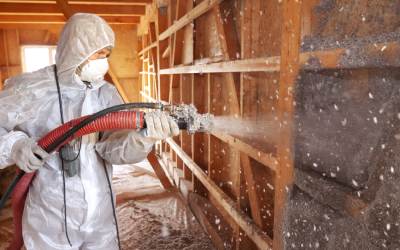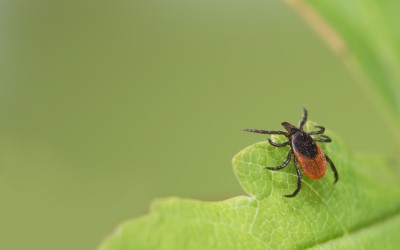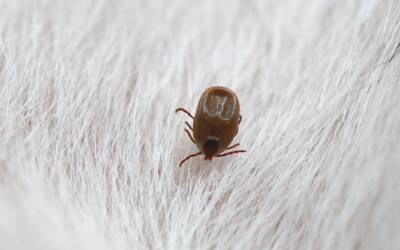Many homeowners deal with pest control on a yearly basis. In the lower Michigan Peninsula, pests come around in the spring and summer time. During the winters months when pests are in hibernation, it is easy to forget how important year-round pest control is. TAP Insulation has you covered – it is an ongoing and long-term pest control solution that can prevent pests from even entering your home!
What Is TAP® Insulation?
TAP (Thermal, Acoustical, Pest Control) insulation is made mainly from recycled paper products that are destined for the landfill, such as ground up newspaper. After being chopped into small pieces the paper is run through a disk mill which grinds it into “cotton-ball-like” fibers. TAP insulation works on three different fronts to ensure your home is warm, quiet, and pest-free year-round.
- Thermal: TAP Insulation uses the cotton like fibers to create air pockets. As heat rises, these air pockets help to slow down and trap rising air. As a result, this keeps your house warm in the colder months and cooler in the warm months.
- Acoustical: The plush texture of TAP insulation can help muffle noises from your home. The same features that help TAP insulation retain heat will be the ones keeping your home from sounding like a concert hall.
- Pest Control: Through a patented process, the insulation is treated with a borate solution, which is a natural insecticide. As insects attempt to infiltrate your home they’ll be covered in borate. When the insects clean themselves, they are unable to pass the borate through their system and will ultimately die. Pests won’t be able to make it through the insulation before they pass away – keeping your home pest-free.
TAP Insulation Benefits
Insulation is important to any home, but TAP goes beyond just insulation. It is the only insulation that is registered by the EPA for its insecticide properties.. This special insulation offers a number of additional advantages:
- Cost Effective: A one-time treatment lasts for years to come.
- Safe and Non-Toxic: This insulation is generally made from recycled, natural materials that are non-toxic. This makes it safer for homes with children, people with sensitivities, and pets.
- Improved Energy Efficiency: TAP insulation has earned an Energy Star because contains more than 80% recycled material. It will keep your home cooler in summer and warmer in winter
- Eco-Friendly Pest Prevention: Treated insulation is environmentally friendly and does not contribute to pollution of the water, air, or soil, like conventional chemical pest prevention methods may.
- Long-Lasting Protection: Unlike chemical pesticides, which need to be applied frequently, TAP insulation can provide long-lasting protection from your home from new and existing pests.
Why Go with Pest Control Insulation?
Many insulations on the market have been treated with pesticides so you may be asking why you would need TAP insulation. It’s important to note that pesticide-treated insulations simply protect the insulation itself. They do not prevent pests from entering your home. This leads to invading pests going through the insulation and straight into your home!
In contrast, TAP insulation is designed to keep pests out long-term. Pests only need to come into contact with the insulation for it to work. With the insulation actually providing a barrier from inside of the house there’s no need for repeat visits from a pest control company to treat the perimeter of the house. Considering TAP Insulation is a pesticide, it needs to be installed by a licensed pest control company. Griffin Pest Solutions is certified and trained to apply TAP insulation and other pest control measures you need. Our trained technicians are certified and ready to provide you with this long-lasting solution!





